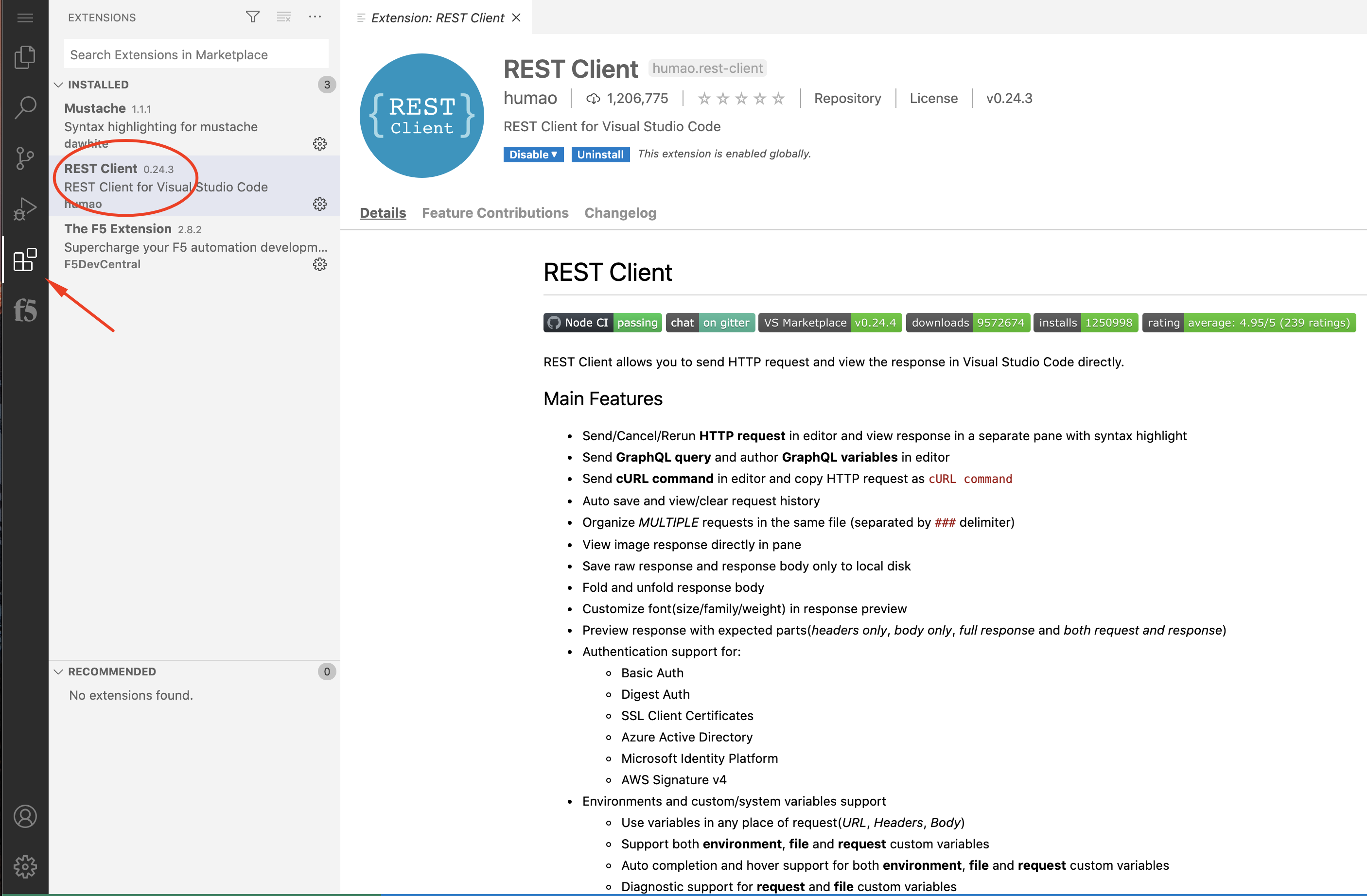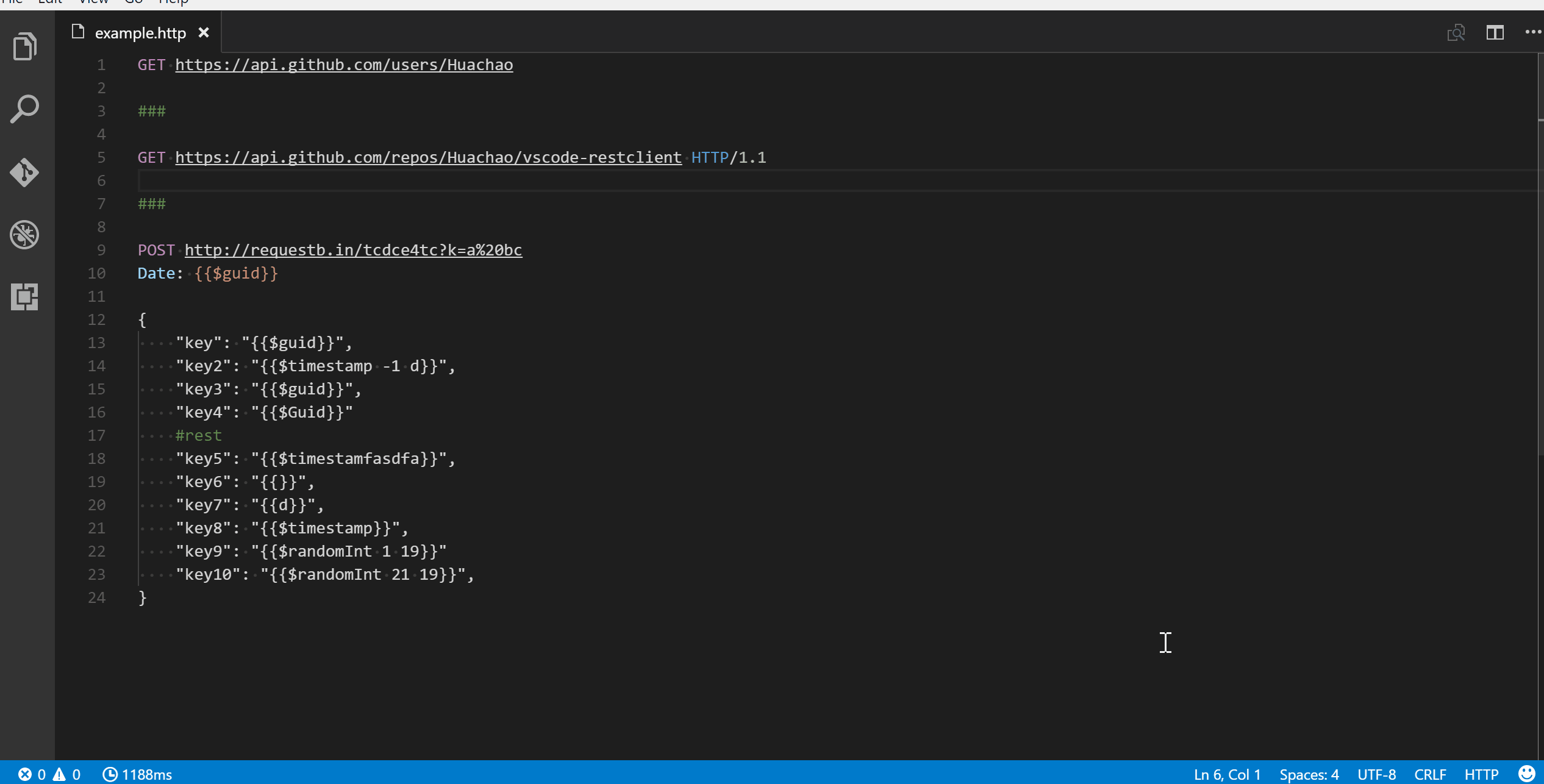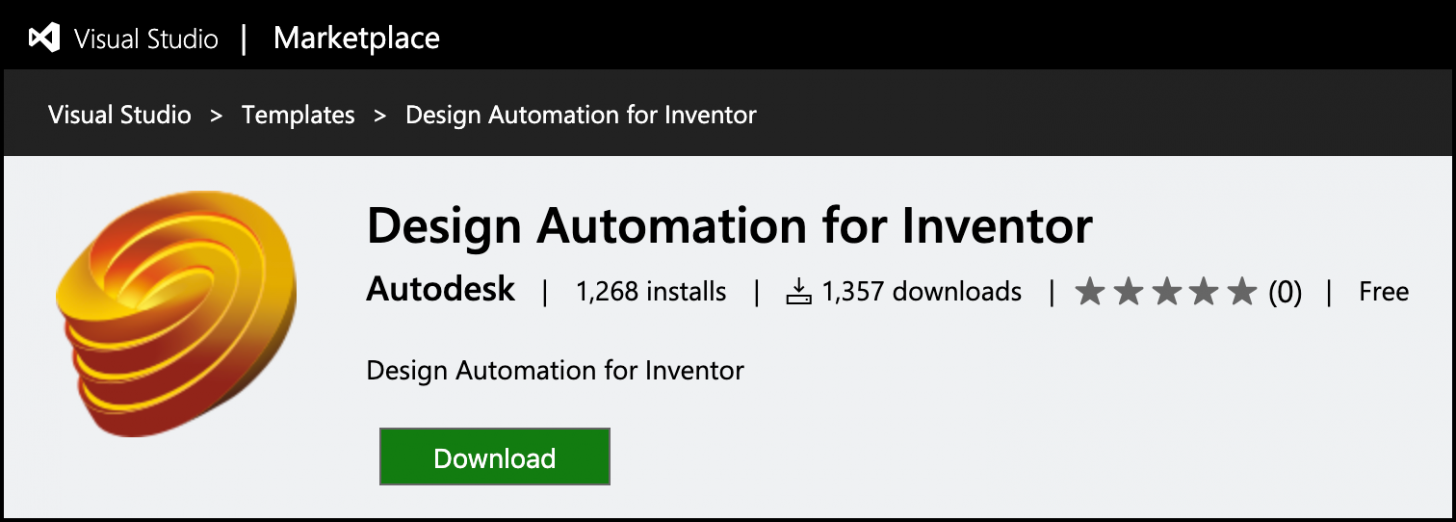

- #VISUAL STUDIO MARKETPLACE API CODE#
- #VISUAL STUDIO MARKETPLACE API DOWNLOAD#
You can create a new publisher through the Visual Studio Marketplace publisher management page. Every extension needs to include a publisher name in its package.json file.
#VISUAL STUDIO MARKETPLACE API CODE#
Create a publisherĪ publisher is an identity who can publish extensions to the Visual Studio Code Marketplace. Copy it, you'll need it to create a publisher. Select Create and you'll be presented with your newly created Personal Access Token.
Set Scopes to Custom defined and choose the Marketplace > Manage scope. Set Organization to All accessible organizations. On the Personal Access Tokens page, select New Token to create a new Personal Access Token and set the following details: Note that the organization's name doesn't necessarily have to be same as your publisher name.įrom your organization's home page (for example: ), open the User settings dropdown menu next to your profile image and select Personal access tokens: In the following examples, the organization's name is vscode, you should use your new organization name as appropriate. Get a Personal Access Tokenįirst off, follow the documentation to create your own organization in Azure DevOps. You need to create at least one in order to publish an extension. Vsce can only publish extensions using Personal Access Tokens. 
This means that authentication, hosting, and management of extensions are provided through Azure DevOps. Visual Studio Code uses Azure DevOps for its Marketplace services.
Images in README.md and CHANGELOG.md may not be SVGs unless they are from trusted badge providers. Image URLs in README.md and CHANGELOG.md need to resolve to https URLs. The badges provided in the package.json may not be SVGs unless they are from trusted badge providers.  The icon provided in package.json may not be an SVG. The publishing tool checks the following constraints: Note: Due to security concerns, vsce will not publish extensions that contain user-provided SVG images. For a reference on all the available vsce commands, run vsce -help. Vsce can also search, retrieve metadata, and unpublish extensions. myExtension published to VS Code Marketplace You can use vsce to easily package and publish your extensions: $ cd myExtension $ vsce package # myExtension.vsix generated $ vsce publish #. Vsce, short for "Visual Studio Code Extensions", is a command-line tool for packaging, publishing and managing VS Code extensions. Registering a publisherId necessary for publishing extensions. Packaging, publishing and unpublishing extensions. Using vsce, the CLI tool for managing VS Code extensions. Alternatively, you can package an extension into the installable VSIX format and share it with other users. We hope that you enjoy the extension! If you have any questions, please join us over in #titanium_editors in TiSlack.įor any bugs or feature requests, please file an issue in the GitHub repository.Once you have made a high-quality extension, you can publish it to the VS Code Extension Marketplace so others can find, download, and use your extension. Continue to improve autocomplete/intellisense capabilities. Improve support for classic applications, as well as apps using the Vue or Angular plugins. Allow usage of Titanium/Alloy CLIs in place of Appcelerator CLI. Once released, we have a loose roadmap of features we’d like to build into the two, including: We’ll be releasing a 1.0.0 of the extension as soon as we feel that it’s ready and are aiming to share as much functionality between both the Atom package and VS Code extension to have both projects progress at the same rate.
The icon provided in package.json may not be an SVG. The publishing tool checks the following constraints: Note: Due to security concerns, vsce will not publish extensions that contain user-provided SVG images. For a reference on all the available vsce commands, run vsce -help. Vsce can also search, retrieve metadata, and unpublish extensions. myExtension published to VS Code Marketplace You can use vsce to easily package and publish your extensions: $ cd myExtension $ vsce package # myExtension.vsix generated $ vsce publish #. Vsce, short for "Visual Studio Code Extensions", is a command-line tool for packaging, publishing and managing VS Code extensions. Registering a publisherId necessary for publishing extensions. Packaging, publishing and unpublishing extensions. Using vsce, the CLI tool for managing VS Code extensions. Alternatively, you can package an extension into the installable VSIX format and share it with other users. We hope that you enjoy the extension! If you have any questions, please join us over in #titanium_editors in TiSlack.įor any bugs or feature requests, please file an issue in the GitHub repository.Once you have made a high-quality extension, you can publish it to the VS Code Extension Marketplace so others can find, download, and use your extension. Continue to improve autocomplete/intellisense capabilities. Improve support for classic applications, as well as apps using the Vue or Angular plugins. Allow usage of Titanium/Alloy CLIs in place of Appcelerator CLI. Once released, we have a loose roadmap of features we’d like to build into the two, including: We’ll be releasing a 1.0.0 of the extension as soon as we feel that it’s ready and are aiming to share as much functionality between both the Atom package and VS Code extension to have both projects progress at the same rate. #VISUAL STUDIO MARKETPLACE API DOWNLOAD#
You can download the extension from the Visual Studio Marketplace here. Visual Studio Code has grown tremendously in usage over the last year, nearly doubling in usage in the State of JS survey.Ĭontinuing on from the Atom package, we’re excited to announce an initial preview for Titanium support in Visual Studio Code via the vscode-titanium extension. However, Atom isn’t the only editor around today. It’s been a little over a year since we released the Titanium Package for Atom, and we are delighted by such great response shown by both the usage stats and external contributions we’ve received.







 0 kommentar(er)
0 kommentar(er)
